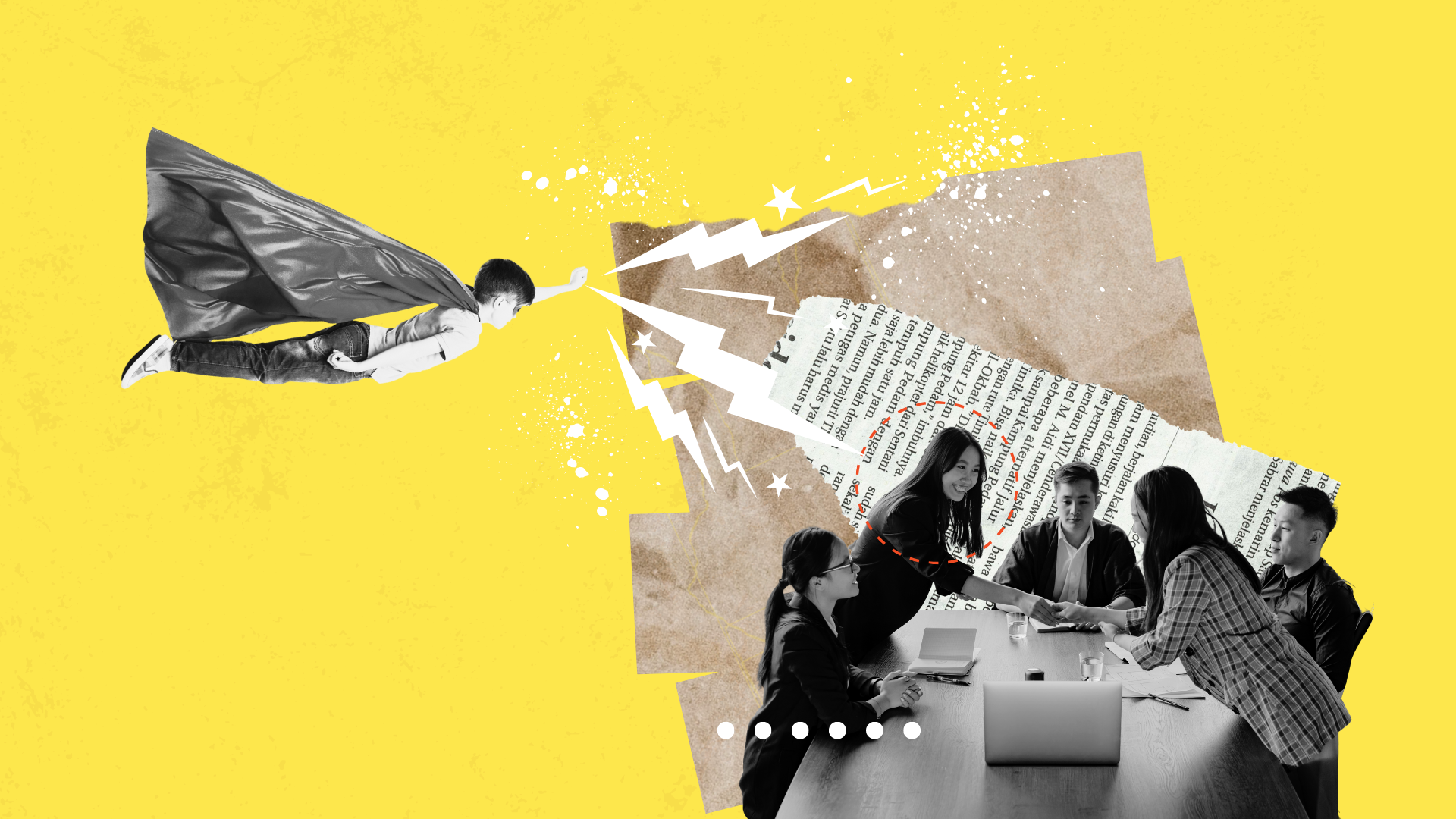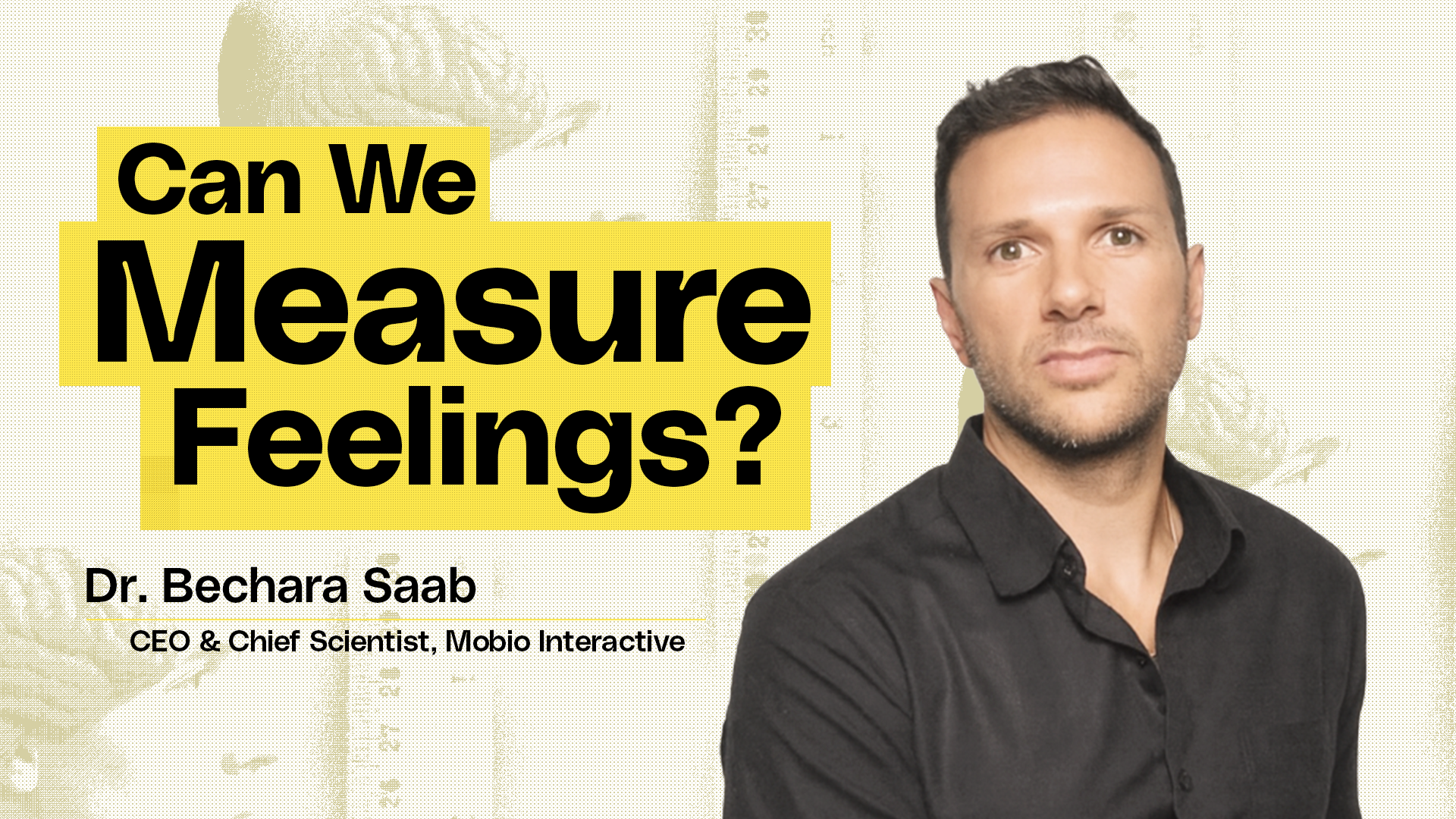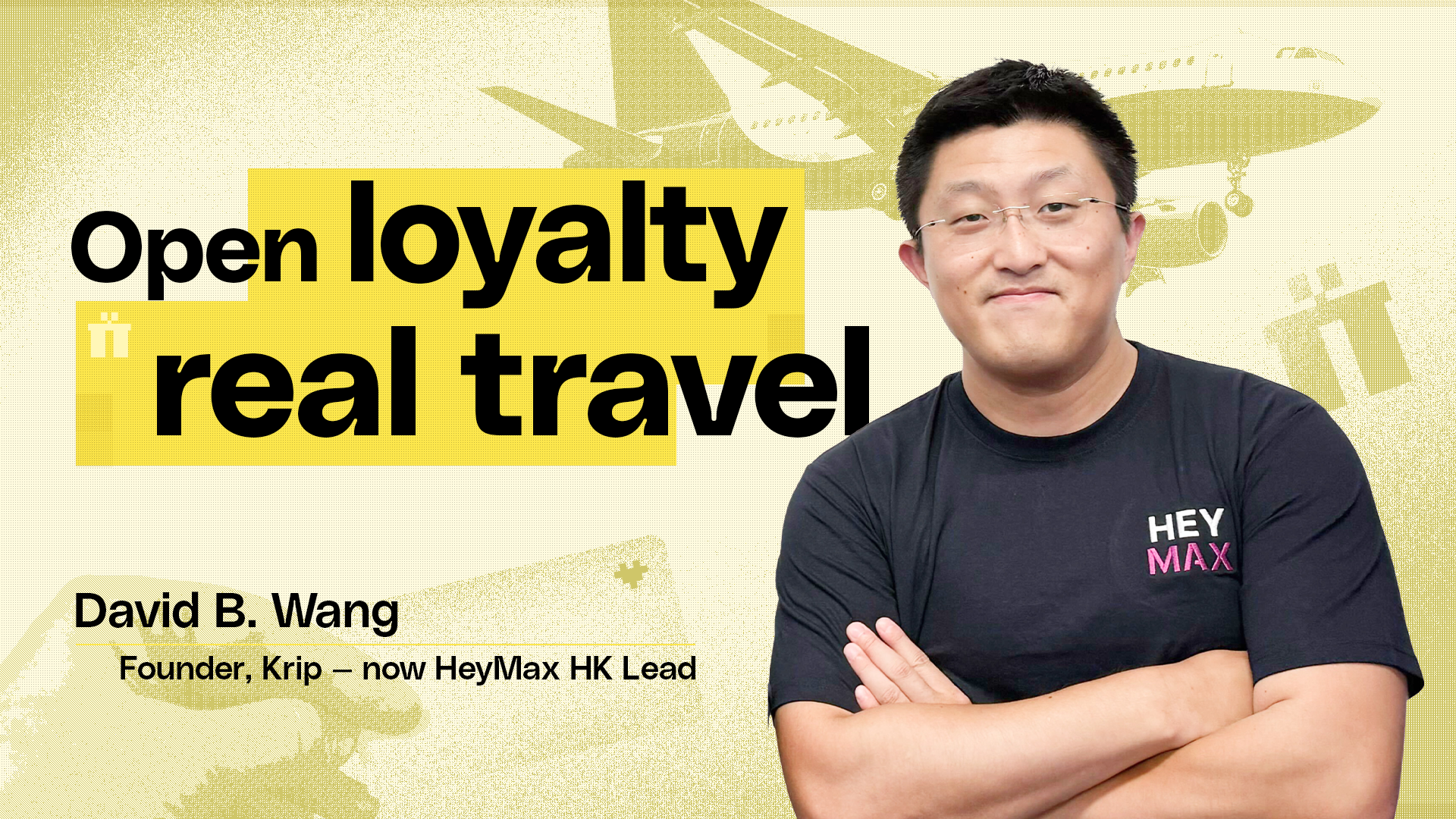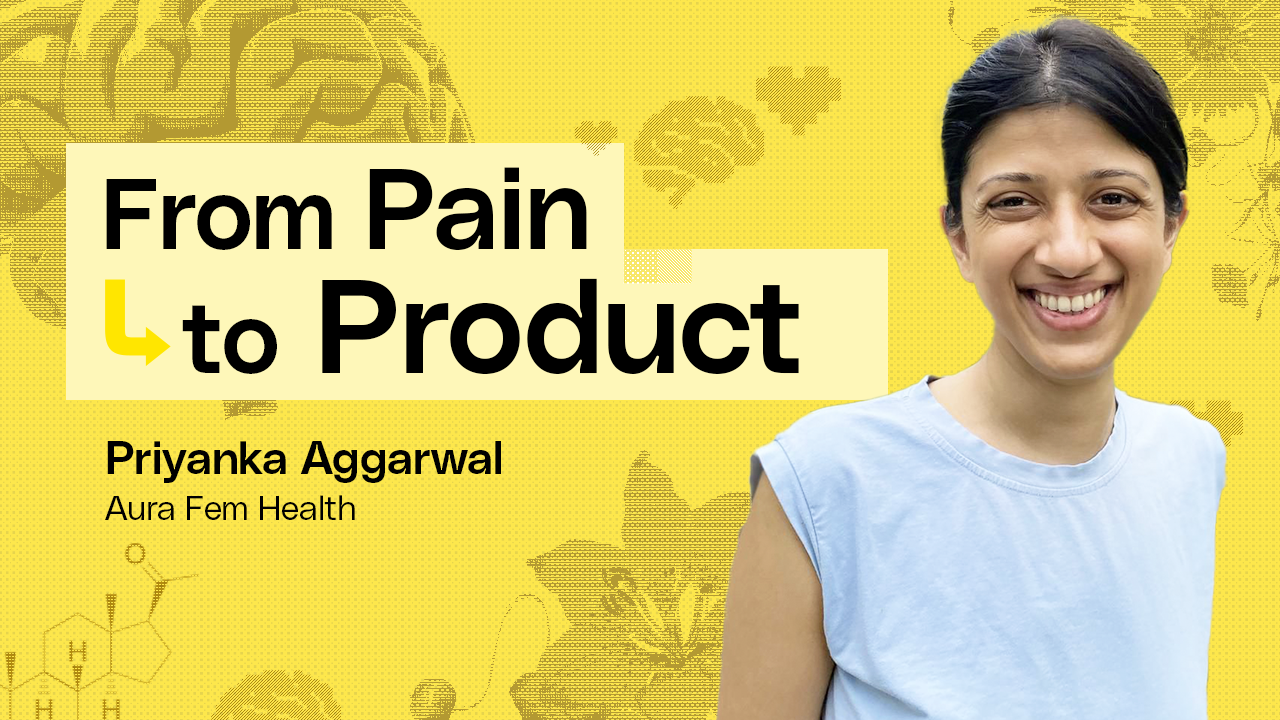
I have recently re-discovered the term social battery - the energy you have for social interactions. And as it turns out, mine isn’t very big.
I’m not a hermit. I can talk to people. But social situations in new environments make me either overshare to fill awkward silences or just extend those awkward silences with more silence. I generally need recovery time after long periods with people I don't know well.
This is all quite manageable when you work from home, or you’re in a pandemic, or you’re part of a small team. I know I’m not the only one with one of these low capacity social batteries. So what happens when it’s your job to be the leader?
I went looking for advice from real humans as well as the internet. Here’s what I found:
Spot the pattern
Understand what drains your battery the most and figure out how you respond. Is it back-to-back meetings? Large group settings? Difficult conversations?
If I’m getting low, I’ll probably talk too fast, agree to things I shouldn't, and make decisions - or just say yes - to end conversations quickly. Now that I know the pattern, I can do something about it.
Offset high battery tasks with low battery tasks
Block out recovery time the same way you prep for important meetings. Build buffers around challenging conversations, try not to schedule more than a couple of big energy-heavy meetings in a row. And my personal tip - if you’re anxious about a task, read the headlines - it’s a low battery task that generally puts everything in perspective and eases the nerves.
Be like batman
I realise this is going to sound odd, but bear with me. If I’m particularly nervous or if I’m still recharging but have to "show up" at work, I need a version of myself that can function on autopilot. So I think of someone who would be completely calm in the given situation. And I try to channel them - like a professional alter ego. I become a version of myself who is calm and confident even when I’m questioning everything on the inside.
As it turns out this isn’t just me doing this.
Adopting an alter ego is what psychologists call "self-distancing" – it allows you to step back from your immediate feelings and view situations more objectively.
But why Batman?
In 2016, Professor Stephanie Carlson took a group of five-year-olds and gave them a concentration test. The task was designed to be boring, but the children were told it was "very important" and that they'd be rewarded if they worked on it as long as possible.
Beforehand, some of the children were told to think “Am I working hard?” while others were given the option to change persona entirely by embodying a fictional hero — Batman. They were encouraged to ask themselves “What would Batman do?” whenever they felt the urge to get up and leave.
Isn’t that fascinating?
You’re not pretending to be someone else. You’re just giving yourself psychological distance from whatever insecurities you might have. For example:
- Before a difficult meeting: Ask yourself, "What would [respected leader you admire] do in this situation?" Then channel that approach.
- During networking events: Try to adopt the persona of someone you know who's always curious about other people's work. Focus on being interested rather than interesting.
- When making tough decisions: Step into the shoes of someone you know who's confident in their judgment. What information would they gather? How would they communicate the decision?
Over time, as you figure out how to protect your energy levels, and you practice your Batman skills, your brain learns the world is in fact not going to fall apart if you get x,y or z wrong. And you end up just being you - a more confident, less anxious, capable you with a bigger social battery. It’s a win win win win win situation.
Don’t miss out
Don’t miss out!




-min%202.gif)



